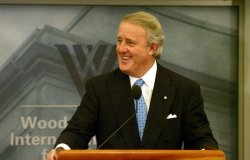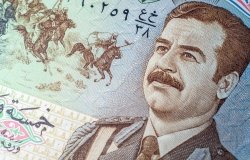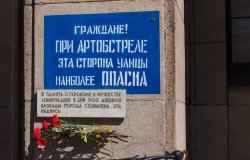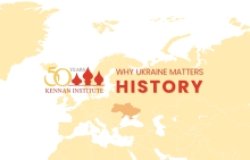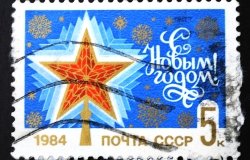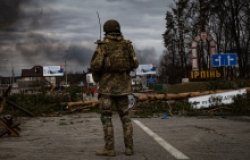U.S.-China 2018 Year in Review: A New Cold War?
When and whether to describe the relationship between the U.S. and China as a Cold War is a consequential decision that should not be left to headline-writers. The Wilson Center’s Kissinger Institute and History and Public Policy Program hosted an informal discussion of Cold War rhetoric and the trends and events that drove bilateral relations in 2018.
Overview
As bilateral relations deteriorated over 2018, Chinese and Americans searched for new analogies to frame a more adversarial relationship. Asian op-eds and American leadership vied to christen the post-engagement era. Hank Paulson warned of an “economic Iron Curtain.” The latest National Security Strategy branded the relationship as a “rivalry.” But the Cold War is the most prominent analogy in both the U.S. and Chinese discourses. New Cold War and Cold War 2.0 are common variants on the theme. Chinese spokespeople say that American suspicions of China’s intentions reflect a Cold War mentality.
When and whether to describe the relationship as a Cold War is a consequential decision that should not be left to headline-writers. The Wilson Center’s Kissinger Institute and History and Public Policy Program hosted an informal discussion of Cold War rhetoric and the trends and events that drove bilateral relations in 2018.
Selected Quotes
Katie Stallard-Blanchette
"I wonder whether… we’re going to look back on this year, on 2018 in general, as the year of the start of the clear-eyed reckoning – when we began to understand where China, under Xi Jinping, was actually going, and with it, U.S.-China relations."
Meredith Oyen
"I don’t necessarily accept the premise that this is a new Cold War, but what I think [those who use this characterization] are trying to point to, what feels different, [is] they’re trying to highlight an idea that there is something longer-term afoot – that we are looking at a status quo of competition or an ongoing rivalry that they see lasting for decades... There's no longer a sense that you ride out Xi Jinping's tenure in office, that after ten years or so you move on to somebody else, or you just ride out President Trump. There’s a sense that there’s something longer-term and more fundamental happening."
J. Stapleton Roy
“Strategic rivalry is part of the historical experience of all major countries dealing with other major countries. So, managing the strategic rivalry is the essence of managing U.S.-China relations, under conditions where China now has an economy approximating ours in size and where its military is rapidly modernizing in ways that erode our traditional military dominance in the Western Pacific.”
Yun Sun
“Coming to the practicality of really putting China on a collision course with the United States, I think any practical consideration in China will still draw the conclusion that this is not a war that China can really win.”
Robert Daly
“I do reject the Cold War framework… and I think whenever we’re looking at a new rubric or framework, you have to ask, what does it help us to understand, or what does it clarify, as opposed to just does it grab headlines? In the case of ‘Cold War,’ I don’t think that it helps us clarify U.S.-China relations at all and it misses the complexity and the rapidly evolving nature of the relationship.” “I think there are worrisome trends, and we haven’t seen the bottom of this newly contentious relationship yet. We haven’t reached it, neither side has defined it. So, we might have a different discussion a year from now.”
Speakers
Meredith Oyen
Yun Sun

Robert Daly
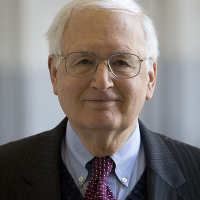
J. Stapleton Roy
Founding Director Emeritus, Kissinger Institute on China and the United States
Hosted By

Kissinger Institute on China and the United States
The Kissinger Institute works to ensure that China policy serves American long-term interests and is founded in understanding of historical and cultural factors in bilateral relations and in accurate assessment of the aspirations of China’s government and people. Read more

Cold War International History Project
The Cold War International History Project supports the full and prompt release of historical materials by governments on all sides of the Cold War. Through an award winning Digital Archive, the Project allows scholars, journalists, students, and the interested public to reassess the Cold War and its many contemporary legacies. It is part of the Wilson Center's History and Public Policy Program. Read more

History and Public Policy Program
The History and Public Policy Program makes public the primary source record of 20th and 21st century international history from repositories around the world, facilitates scholarship based on those records, and uses these materials to provide context for classroom, public, and policy debates on global affairs. Read more
Thank you for your interest in this event. Please send any feedback or questions to our Events staff.





